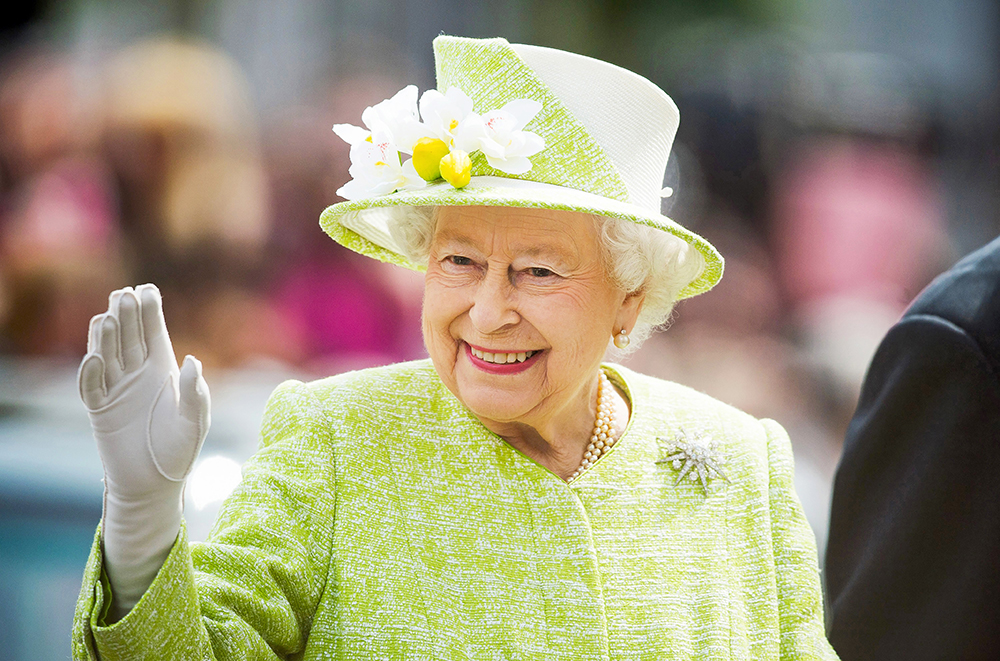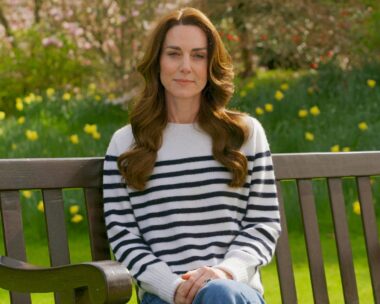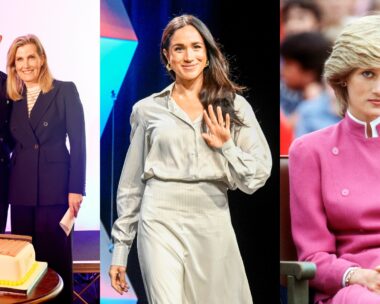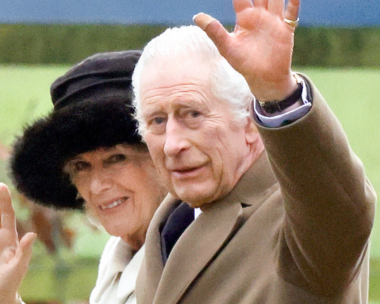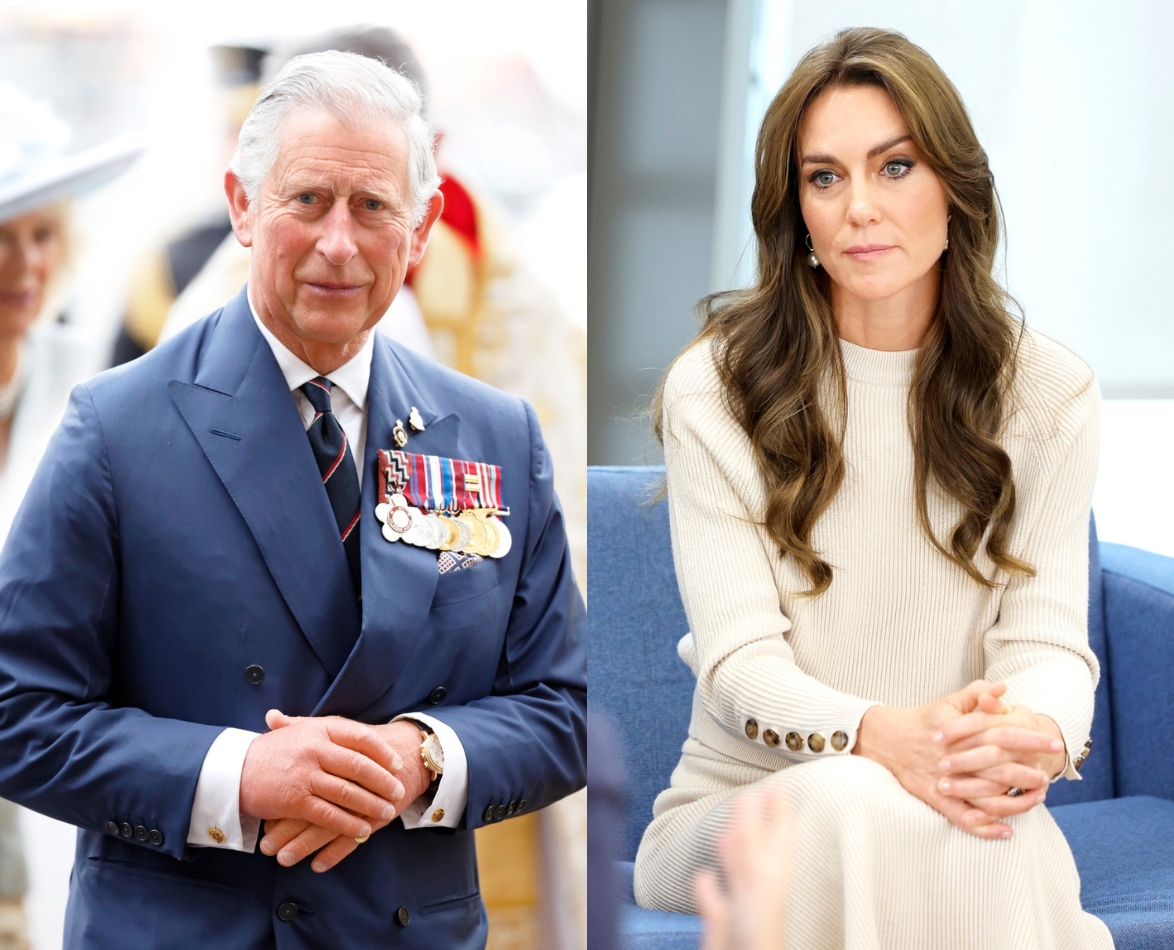She was Monarch for so long that when the Queen died a year ago, many people struggled to imagine what life would be like without Her Majesty on the throne.
Her son, now King Charles III, stepped into the role that has been his destiny since he was born, and the transition from one sovereign to the next has been relatively seamless.
But while we now have a new Monarch who is determined to do things his way, the legacy of Elizabeth II lives on. Epitomising “keep calm and carry on”, she adapted to massive changes during her incredible 70-year reign with great dignity, setting an example for future generations of British royalty to follow.

‘She remained a shy, private person, unemotional, unknown’
The world was a very different place when Elizabeth came to the throne in 1952. Men went out to work while women, on the whole, looked after the home and family; only a small minority of people had access to higher education; and in the UK, although it had been half a century since the death of Queen Victoria, strict Victorian moral codes were still often responsible for the way people lived their lives. For example, abortion and homosexuality were illegal, and Britain still had the death penalty.
During the Queen’s reign, all these laws were overturned and there have been many more changes in social attitudes. Other transformations in the UK included mass immigration, which made for a much more diverse society, and de-industrialisation that meant jobs like coal mining became much scarcer. Advances in technology have had huge repercussions – both good and bad.
The power of the monarchy – harking back to the days of the British Empire – was greatly reduced and some nations of which the Queen was once head of state became republics.
All of this meant that Elizabeth presided over an “unprecedented period of imperial retreat and national transformation,” says historian Sir David Cannadine.

The 1969 royal doco fascinated the public.
Her life of duty and service offered stability and reassurance in a rapidly evolving world, he points out. “She adapted to change at home and gradually accommodated the monarchy to the post-imperial, post-Victorian world, and did so without ever letting on that was what she was doing,” says David. “By her conduct, her example and her longevity, she did more to hold the country and the Commonwealth together than anyone else who lived in her reign.”
During the second Elizabethan era, the royal family went from being seen as distant figures from another social stratosphere to more “real”. A revealing 1969 fly-on-the-wall documentary called Royal Family provided never-before- seen insights into the Queen’s family – they kept their cereal in Tupperware containers and the Queen washed dishes after a barbecue! It helped people warm to them at a time when the monarchy was increasingly seen as less relevant.
The Queen was apparently so concerned the programme made them seem “too normal” that she banned the BBC from re-screening it after 1972. But subsequent glimpses of the royals doing everyday things have made them seem so much more human and generated huge goodwill.
The Queen’s grandson, Prince William, 41, and his family have been responsible for a lot of that and look set to continue to show that it’s possible to be both regal and relatable.

The Wales’ regularly share glimpses of family life.
The Queen’s main legacy to her family has been to instil the importance of dedication to duty. When she turned 21, she famously promised, “My whole life, whether it be long or short, shall be devoted to your service,” and she never reneged on that. The King, 74, in his first speech after her death, renewed that promise of lifelong service.
She never questioned the role assigned to her, nor did she ever do anything to bring that position into disrepute.
Royal writer Ingrid Seward says, “While others fell by the wayside or took advantage of their royal position, she soldiered on, avoiding so much as a breath of personal scandal.”
Her Majesty always looked for the positive, Ingrid says. For example, she recognised her eldest son’s failings, but could see that with Camilla, 76, by his side, they could be overcome to ensure he was a good king. “During the last decade of her life, she realised that his wife was the person to provide the very necessary positive attitude that he sometimes lacked.”

The Queen saw the positive influence Camilla had on Charles.
Ingrid believes that the Queen’s enduring stoicism and determination to serve to the best of her ability is her lasting legacy.
“In a world of sometimes bewildering change, she remained unchanging – a shy, private person, unemotional, unknown, yet always there holding it all together.”
